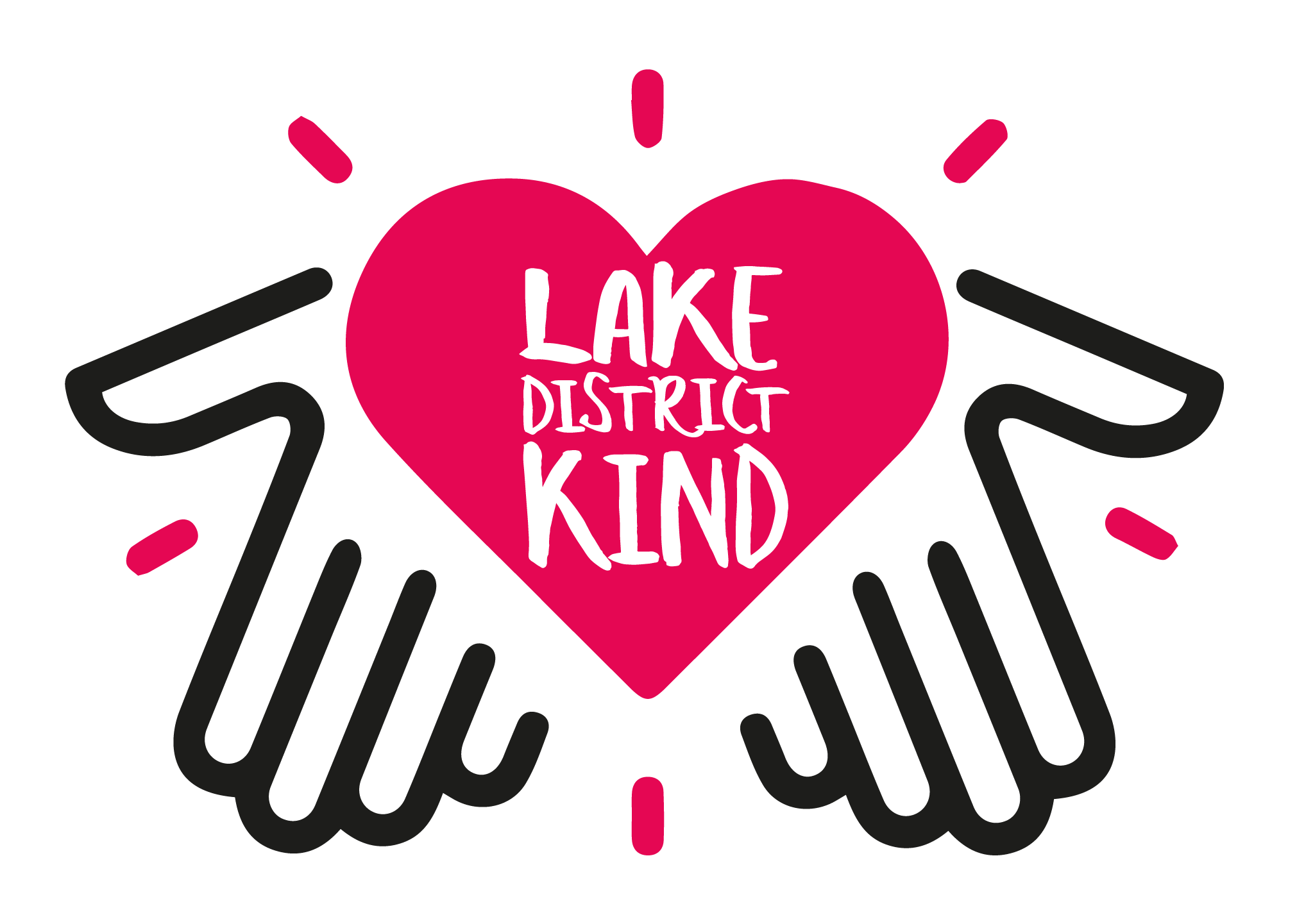This advice and information applies to the Lake District in England, other countries have different laws and guidance.
Vanlife in the Lake District is Cumbiria Tourism's guide to where to stay, routes and facilities for campervans and motorhomes.
Wild camping is traditionally a term applied to camping that takes place away from formal campsites. Although no one has a right to wild camp in the Lake District (or anywhere in England for that matter) it is an activity that has been tolerated by landowners for many years provided that people are quiet, unobtrusive and leave the site as they found it and move on after a night or two at the most. Mostly this activity takes place on open moorland or mountain away from improved agricultural land or woodland.
The places where wild camping has traditionally taken place do not apply to campervans, caravans or large ‘static’ camps. Some campervan and motorhome overnight camping has become a problem in parts of the Lake District and is often called fly camping.
The only legal places to park are on formal camp sites. No one has a right to simply ‘pitch up’ for a night or two as all land in England is owned by someone such as a farmer, private landowner, public body or charitable organisation and you need their permission to use their land.
There are lots of great campsites across the Lake District, ranging from basic and wild feeling sites, through to glamping sites and ones with great facilities. The map below shows sites which are great for 'touring', so campervans, caravans and motorhomes are all welcome at these places to camp.
There are a number of websites that identify and promote ‘informal’ campsites. This is generally information that has circulated amongst campervan users for years but is now being put on websites.
Some of these locations have been used for years and the use has been tolerated by the landowner, they have ‘turned a blind eye’ as most people have been quiet, discrete and left the places spotless when they go. However there is no right to use these places and a landowner can require anyone to leave at any time.
In some locations the landowner may not have a problem with people continuing to use their land, however the recent growth in people using campervans has meant many of these locations becoming heavily used and some users have abused the areas by damaging land and leaving litter as well as behaving in an anti-social manner.
Because of this landowners are becoming increasingly concerned for their land, property, wildlife and the well-being of themselves, neighbours and their local community and so are no longer tolerant of their land being used.
It is not possible in most cases to separate the ‘considerate’ users from those who abuse the privilege extended to them and so previously used locations are increasingly being made unavailable.
Parking on a highway is not a right, but provided the parked vehicle is not causing an obstruction it is generally accepted as being acceptable. However many of the roads in the Lake District are narrow and a badly or thoughtlessly parked vehicle of any type can prevent emergency vehicles getting to places they need to be.
This has become a significant issue in some valleys and has led to roads being closed to visitor traffic with Temporary Traffic Regulation Orders (TRO). Even without a temporary or emergency TRO the police can require any vehicle they believe to be obstructing a highway to move, even in the middle of the night!
Laybys are part of the highway and so the same rules apply as parking on a road itself.
Most of the land in the Lake District is owned by private landowners, bodies such as the National Trust, or United Utilities. Large amounts are open for you to walk on or through, however there are certain restrictions.
Activities such as walking, running, watching wildlife are permitted on each of these.
However on each of these types of land, you cannot:
Find out more about where you can cycle, ride a horse and other permitted activities
Find out which activites you can do on the main lakes in the Lake District

Things to know before you go, tips to plan a great trip and help us look after the landscape you love.